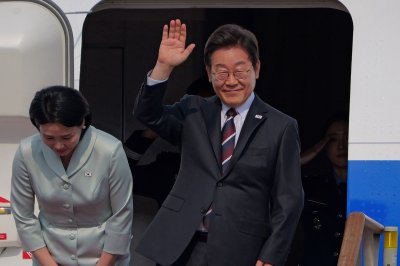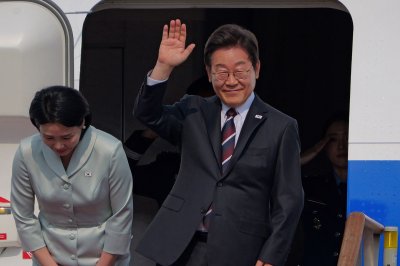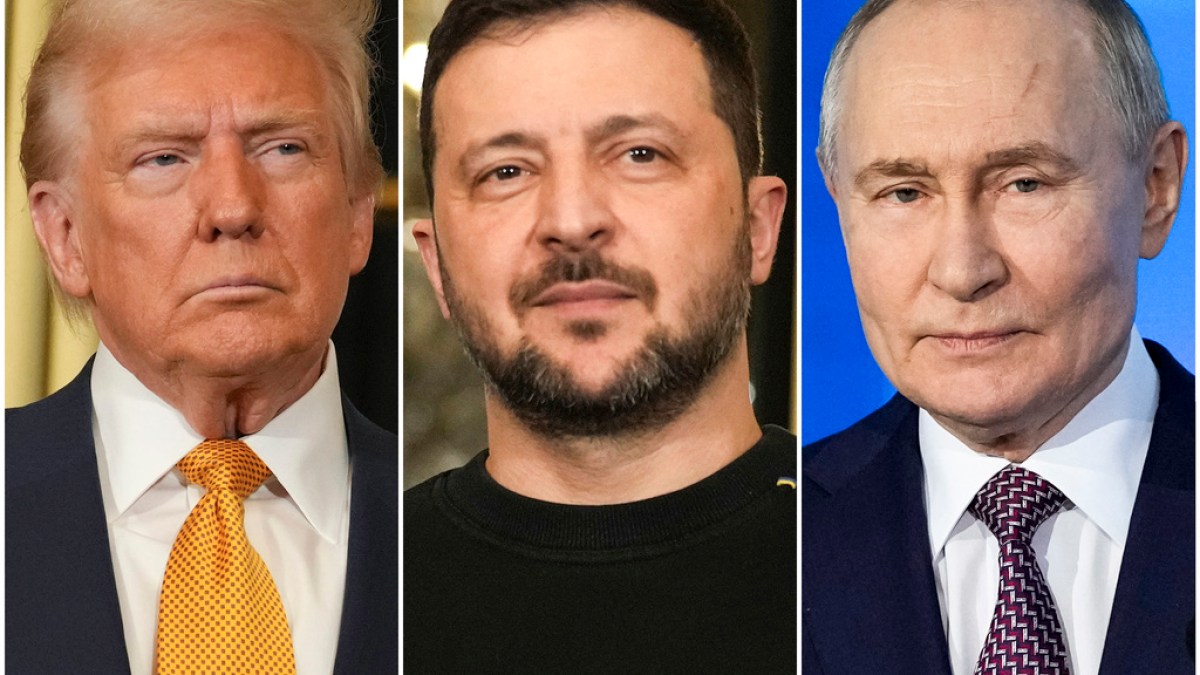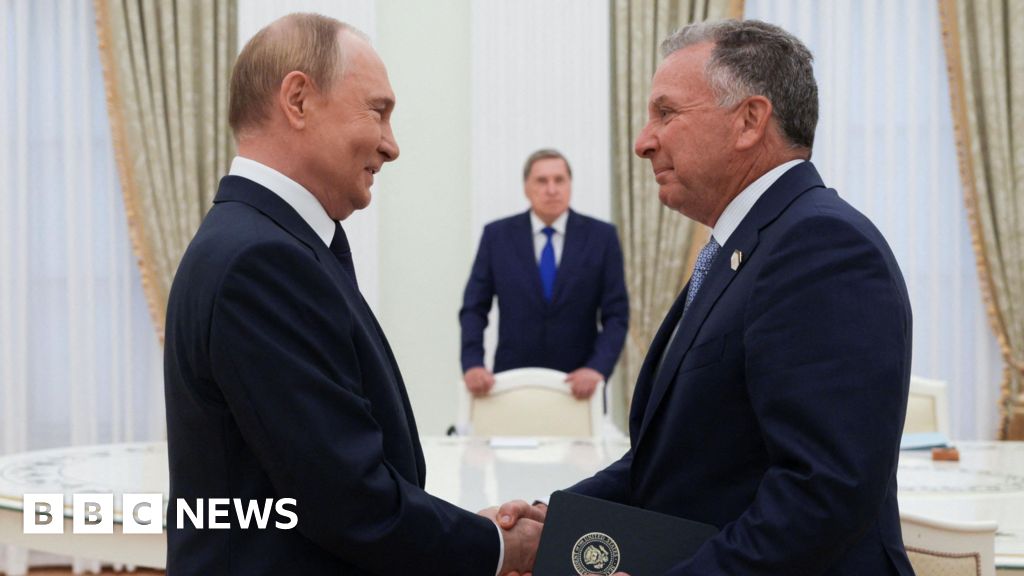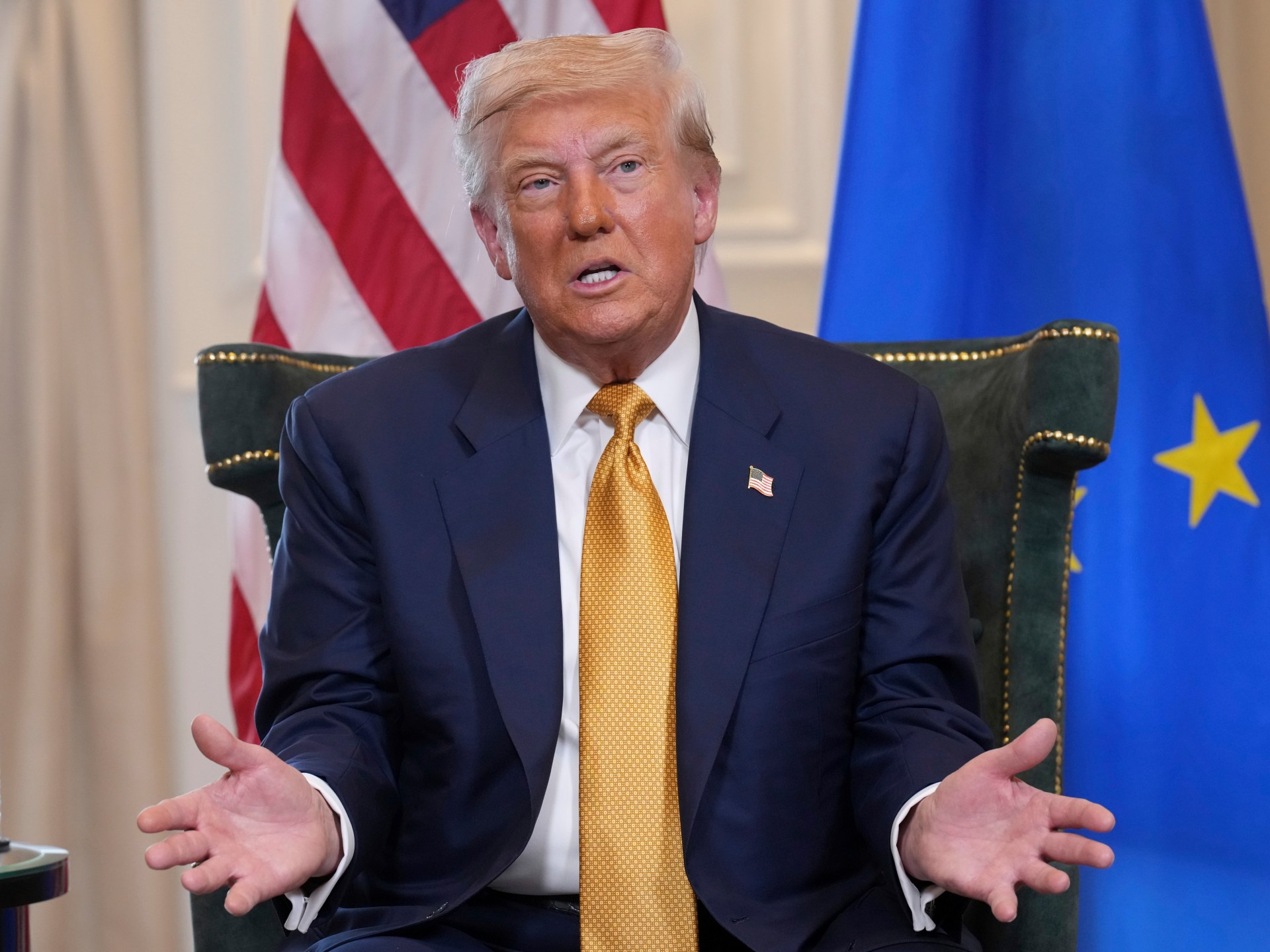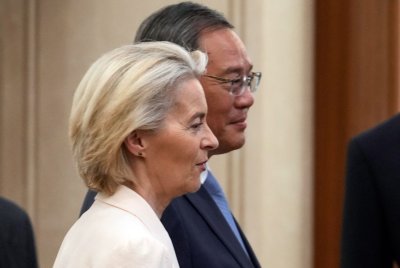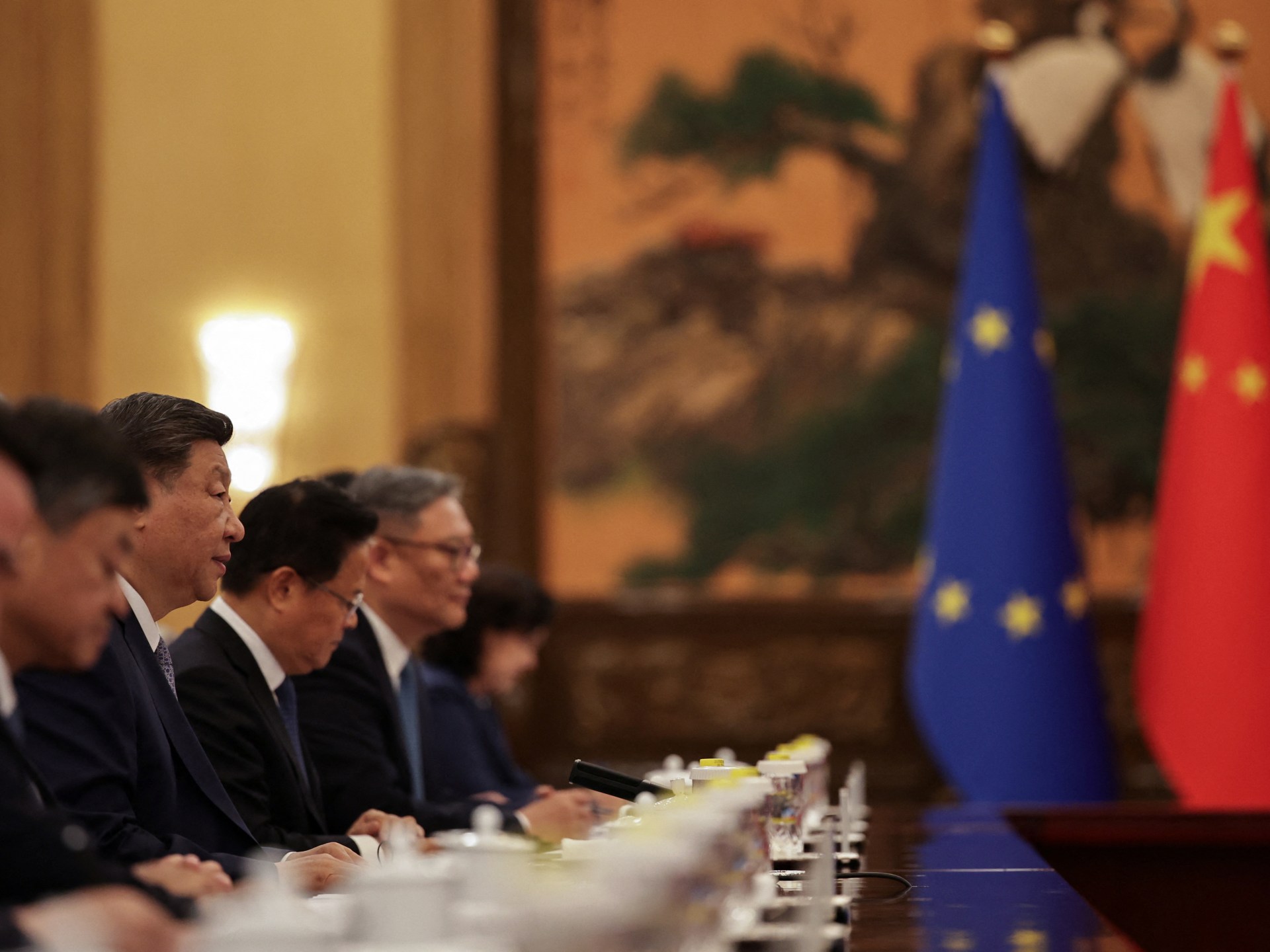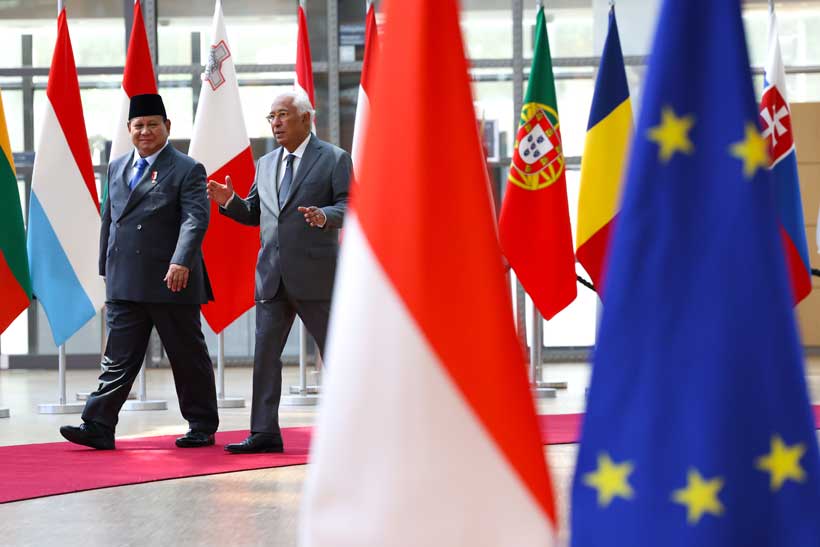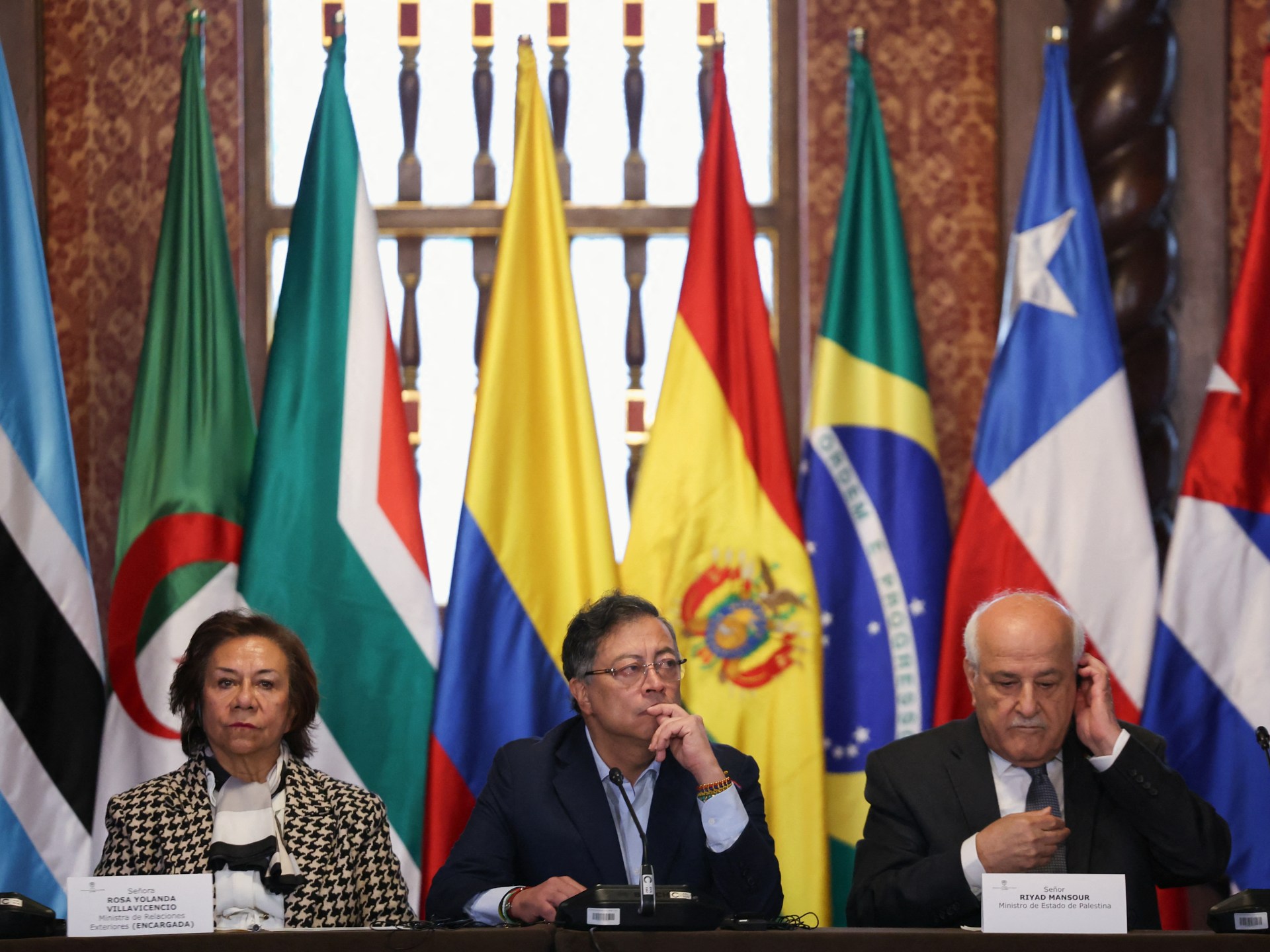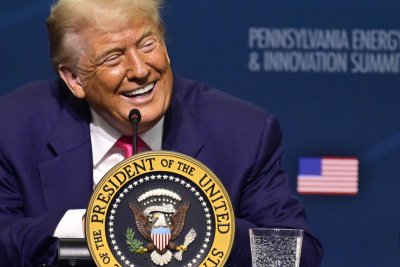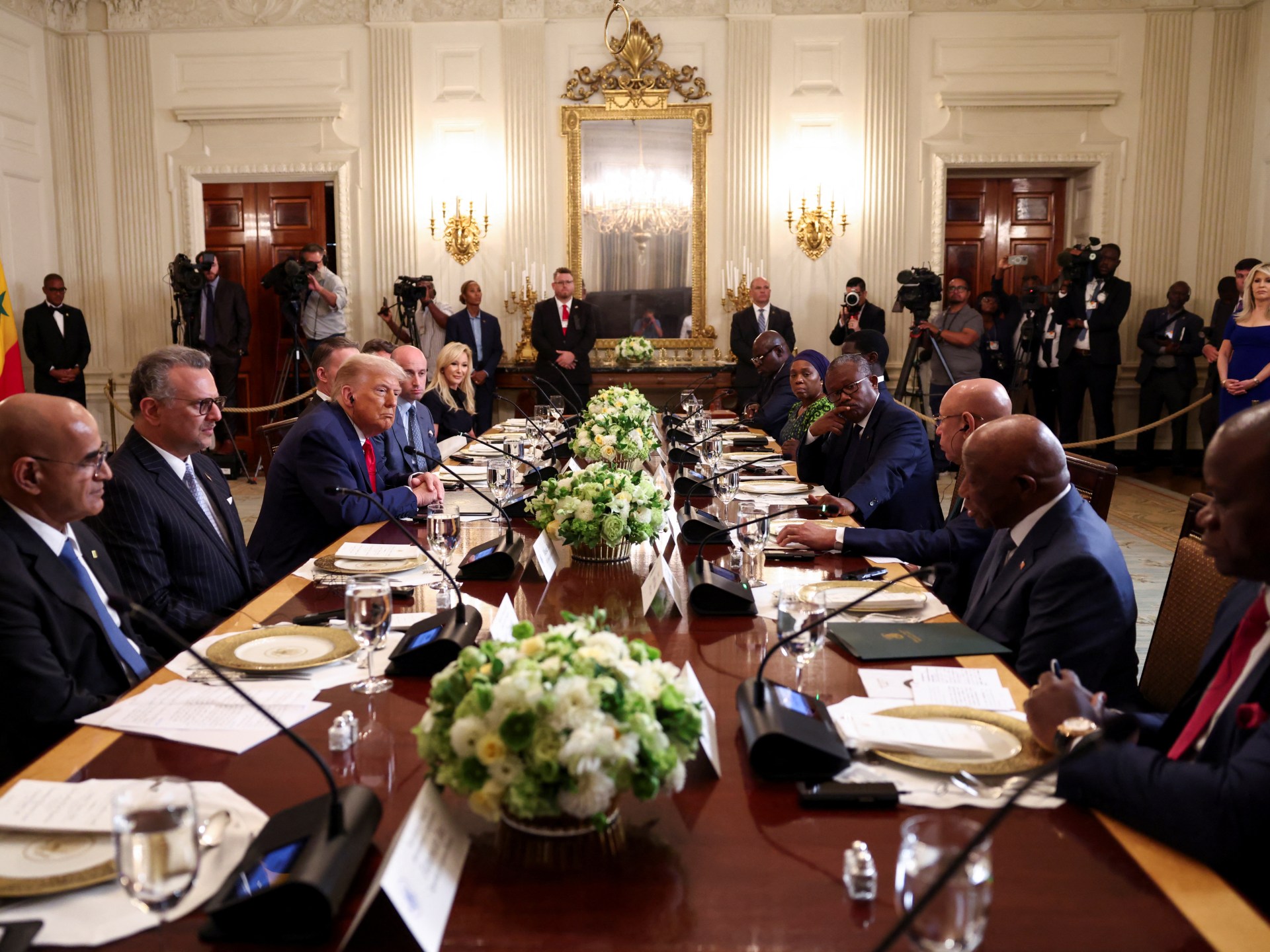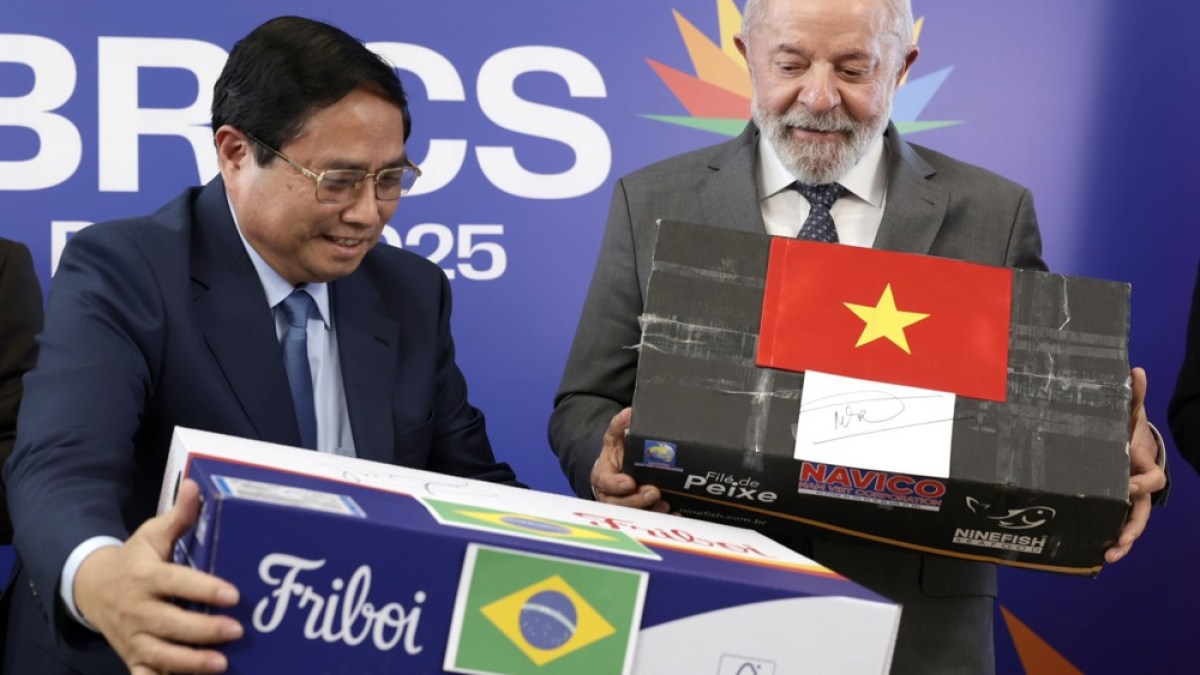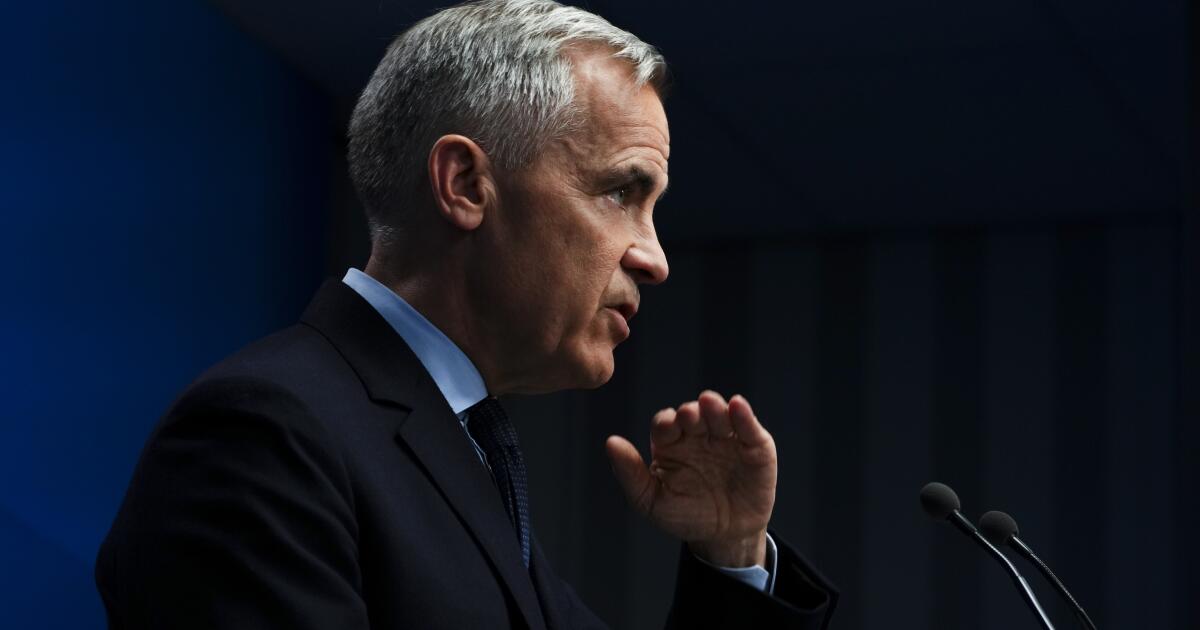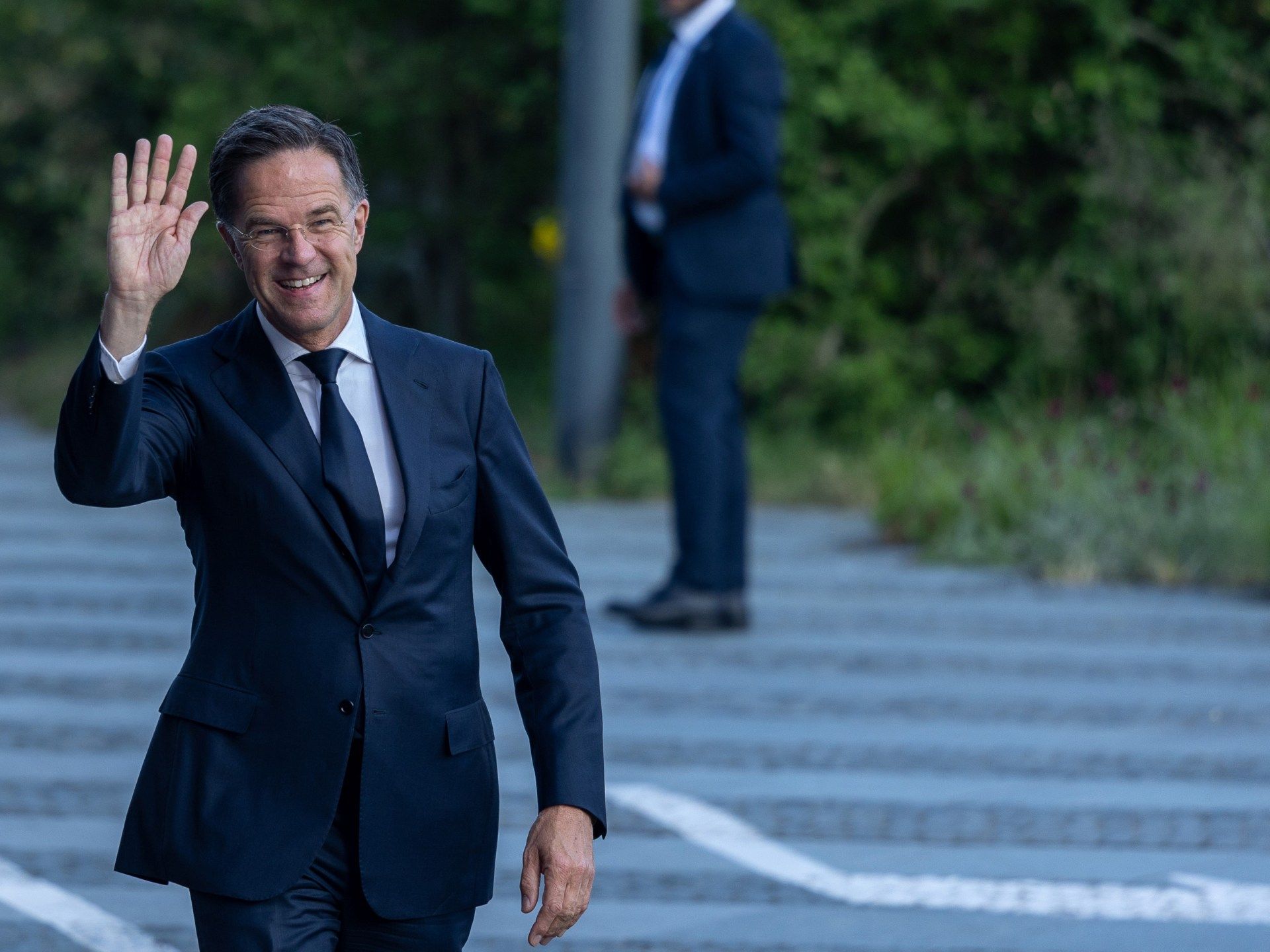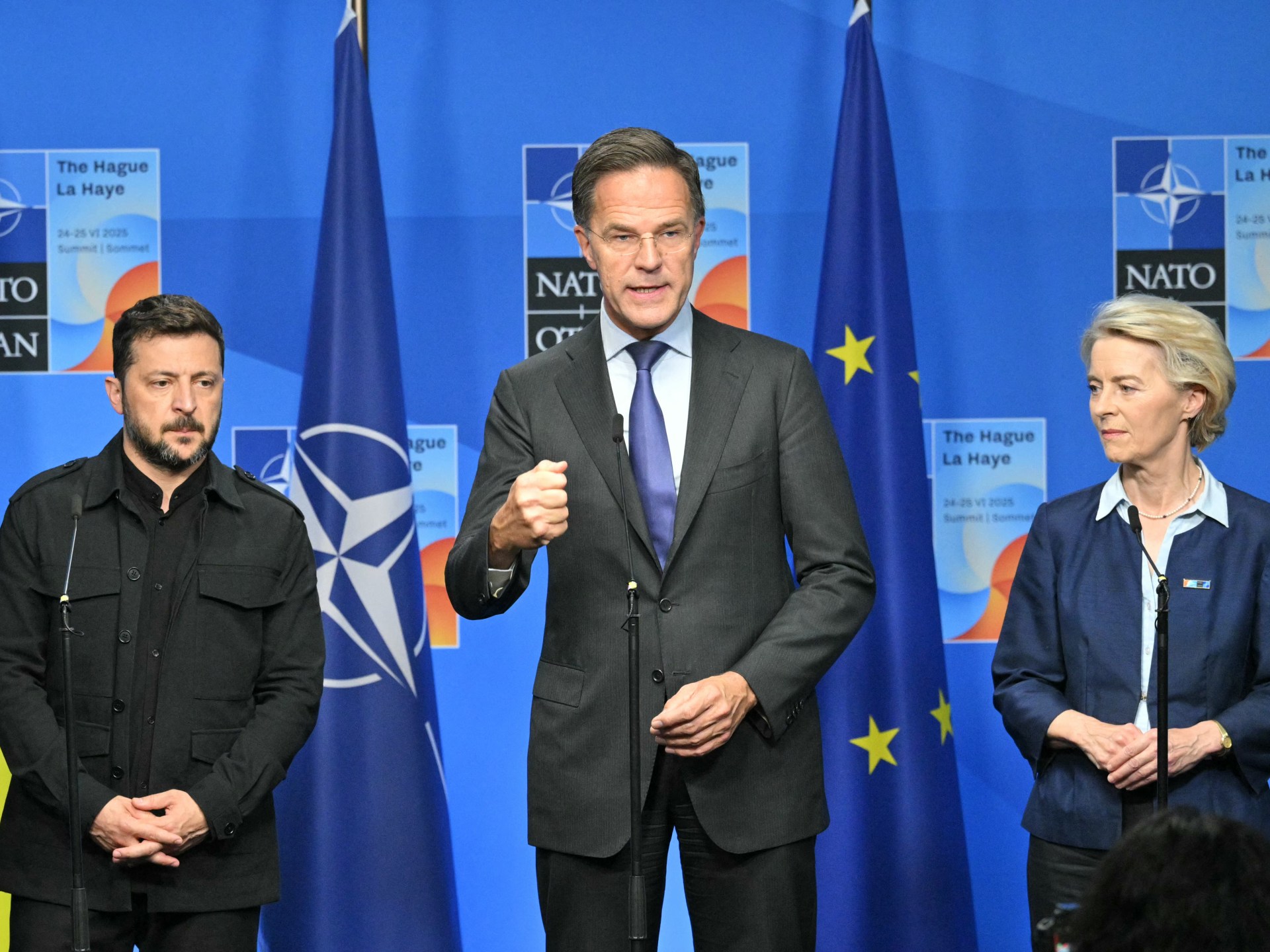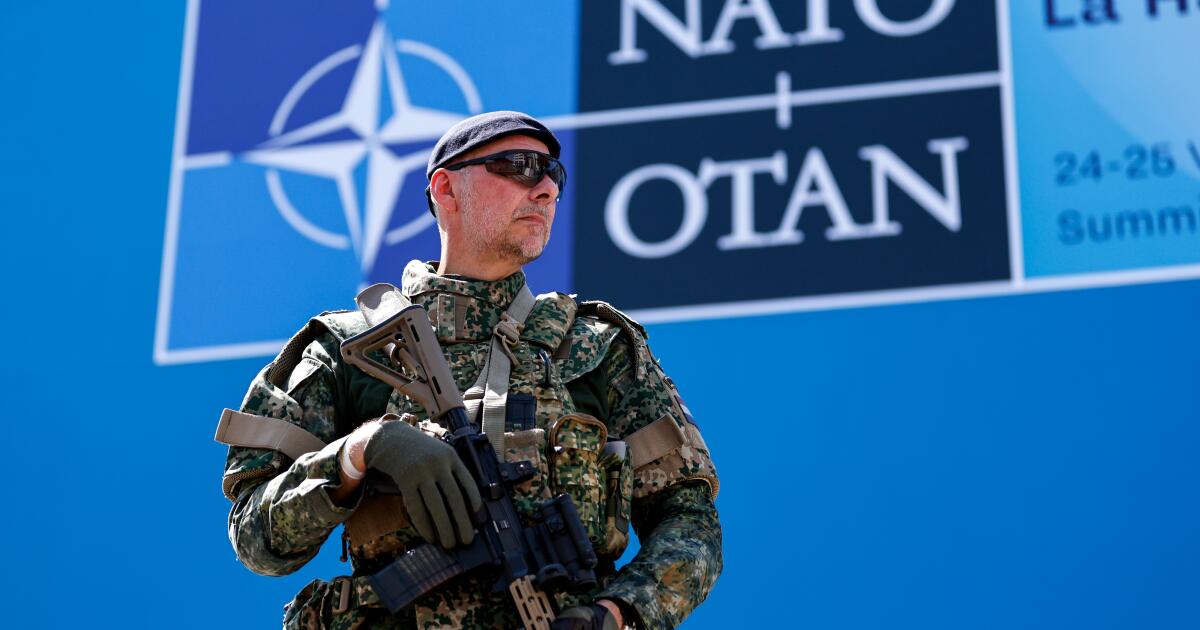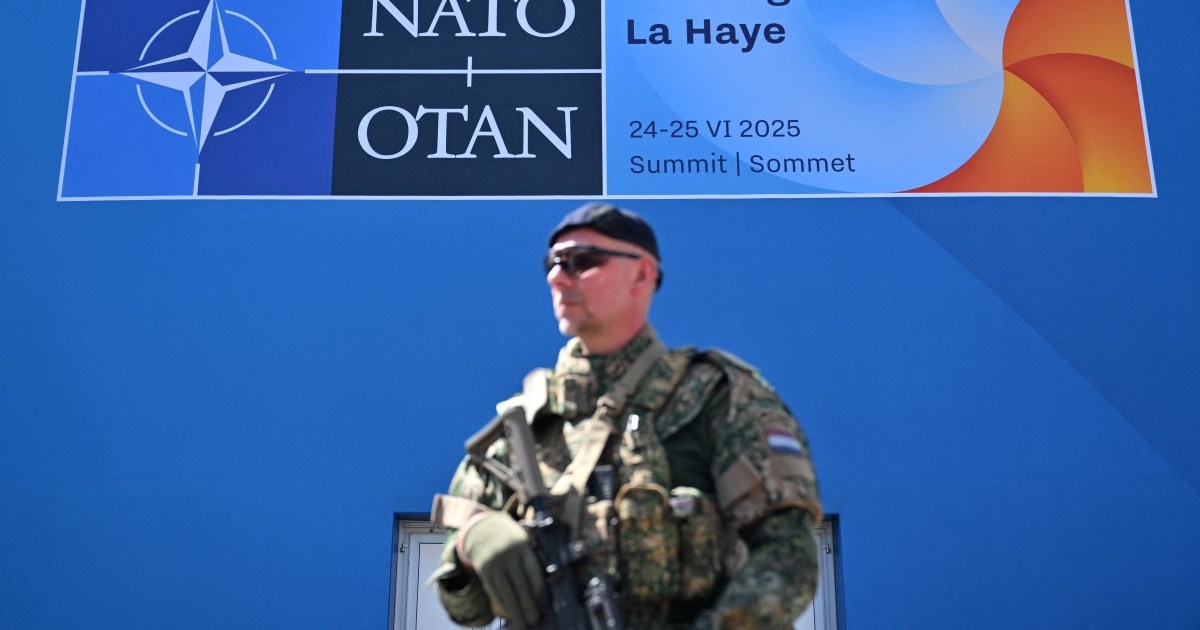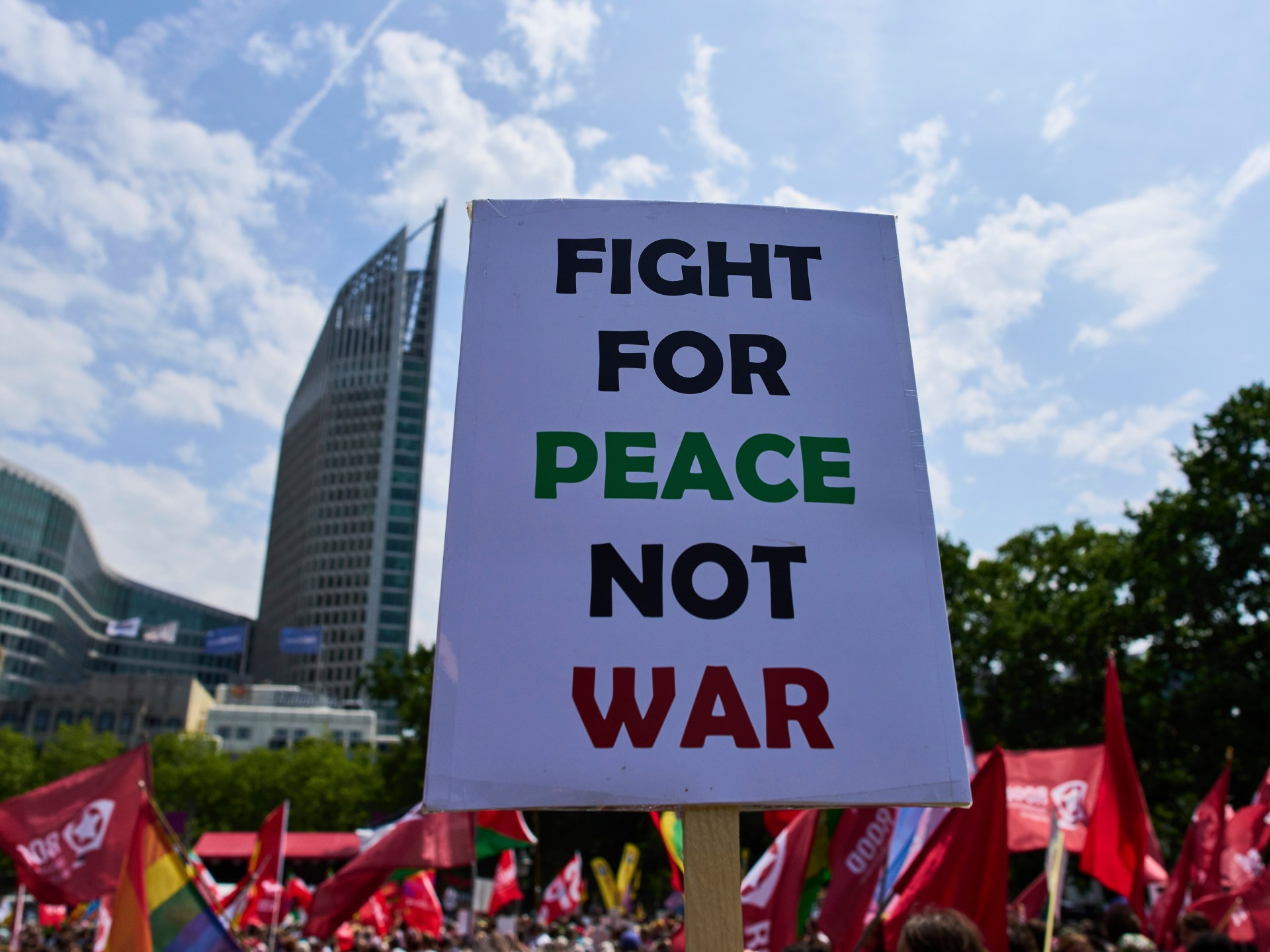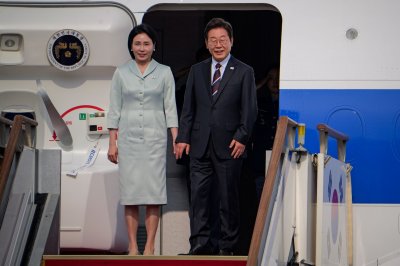Brussels, Belgium – Just before the summer lull hits Brussels, the European Union and China will hold a top-level summit in Beijing on Thursday, commemorating 50 years of diplomatic ties.
The mood before the meeting on Thursday, however, has not been particularly celebratory but, rather, tense with low expectations for any concrete bilateral deals. The summit which was meant to be a two-day affair, was also condensed into a single day’s event by Beijing earlier this month, citing domestic reasons.
A series of trade disagreements, particularly over market access and critical rare earth elements, and geopolitical tensions, primarily Russia’s ongoing war in Ukraine, have marred EU-China relations.
Gunnar Wiegand, the former managing director for Asia and the Pacific at the European External Action Service (EEAS) and currently a distinguished fellow at the Indo-Pacific Program of the German Marshall Fund’s Brussels Office, told Al Jazeera that the EU’s current partnership with China is complex.
“The EU views China as a partner for global challenges, an economic competitor when it comes to developing new technologies and also a systemic rival because of Beijing’s governance system and its influence on global affairs,” he said, adding that the question of whether China is also a threat to European security has come up over the last few years in the context of Russia’s ongoing war in Ukraine.
Who is attending the summit?
European Commission President Ursula von der Leyen and European Council President Antonio Costa will visit China on Thursday, seeking to address these disputes at the summit.
“This Summit is an opportunity to engage with China at the highest level and have frank, constructive discussions on issues that matter to both of us. We want dialogue, real engagement and concrete progress,” Costa said in a statement in advance of the summit.
The EU leaders will meet Chinese President Xi Jinping on Thursday morning, and Premier Li Qiang will co-chair the 25th summit between the two parties, the Chinese Ministry of Foreign Affairs told reporters in Beijing on Monday.
A Chinese Foreign Ministry spokesperson added that after 50 years of EU-China development, their ties “can cope with the changing difficulties and challenges”.
Is Russia’s war in Ukraine on the agenda?
According to EU officials, discussions with President Xi on Thursday morning will focus on global affairs and bilateral relations, followed by a banquet lunch.
However, the Russia-Ukraine war is likely to arise because of Beijing’s close ties with Moscow, which has been a thorny issue for Brussels.
“You can expect the EU addressing Russia’s war in Ukraine,” a senior EU official told reporters in Brussels on July 18. “China, of course, talks to us often about core issues. Well, this is a core issue for Europe. It’s an issue fundamental to European security,” the official added.
In an address to the European Parliament earlier this month, von der Leyen also accused China of “de facto enabling Russia’s war economy”.
Brussels has sanctioned several Chinese companies for facilitating the supply of goods which are used for weapons production in Russia, and on July 18, the EU also slapped sanctions on Chinese banks for the first time, for reportedly financing the supply of such goods.
China has rejected such accusations and warned of retaliations. Beijing has also reiterated that its position on the Ukraine war is all about “negotiation, ceasefire and peace”.
But according to an article by the South China Morning Post, during a meeting with the EU’s foreign policy chief, Kaja Kallas, in early July, Chinese Foreign Minister Wang Yi said Beijing did not want to see Russia lose the war in Ukraine, since the United States would then focus on China.
Wiegand said Europe should have no illusions.
“For China, having good and close relations with Russia is of utmost importance to increase its own strength in the global context. They will not sacrifice this relationship,” he said.
“This is the most important negative factor which has impacted the overall [EU-China] relationship,” he added.
Besides the Ukraine war, EU officials in Brussels said, the 27-member bloc will also discuss tensions in the Middle East and other security threats in Asia.
How difficult will trade discussions be?
Another contentious issue between Brussels and Beijing is trade. This is likely to be central to the summit’s agenda in the afternoon with Chinese Premier Li Qiang, followed by a dinner, EU officials involved in planning the summit told reporters in Brussels on July 18.
China is the EU’s third-largest trading partner, but the two have recently been squabbling over a series of trade issues, including 45 percent European tariffs on Chinese electric vehicles (EVs) and Beijing’s control of rare earth minerals, which are vital for chip making and producing medical devices.
In her speech at the European Parliament earlier this month, von der Leyen accused Beijing of “flooding global markets with subsidised overcapacity – not just to boost its own industries, but to choke international competition”.
The EU has a trade deficit with China of more than 300 billion euros ($352bn) as of 2024. EU exports to China amounted to 213 billion euros ($250bn), while EU imports from China amounted to 519 billion euros ($609bn), according to figures from the European Commission.
EU officials say Chinese companies are benefitting from massive government subsidies and, due to sluggish demand for goods locally, cheap Chinese goods like EVs are being shipped to the EU instead.
To protect European interests, Brussels has begun taking action and imposed tariffs of up to 45 percent on Chinese EVs last October. The bloc also barred Chinese companies from medical devices tenders in June, among other trade barriers, after concluding that European firms were not being granted access to Chinese markets.
The EU is also concerned about Beijing’s export controls on rare earth minerals.
At the Group of Seven summit in Canada in June, von der Leyen accused China of “blackmail” and said, “No single country should control 80-90 percent of the market for essential raw materials and downstream products like magnets.”
“The present situation is not sustainable. We need rebalancing … China benefits from our open market but buys too little,” a senior EU official told reporters in Brussels before the summit. “Trade access is limited and export controls are excessive. We will go there [to Beijing] with a positive and constructive attitude … but China has to acknowledge our concerns.”
In her speech at the European Parliament in July, the European Commission president said the 27-member bloc is “engaging with Beijing so that it loosens its export restrictions” on rare earth minerals.
Wiegand said while trade negotiations have been ongoing, achieving common ground or any trade deal at the summit this week looks unlikely.
“There is a constructive tone [from the EU] when it comes to ‘de-risking’, not ‘de-coupling’ from China. The Chinese, however, don’t like the term ‘de-risking’. They think it is disinformation. But it is simply the process of reducing trade vulnerabilities by diversifying and improving our own capacities,” he said.
How does China view trading relations with the EU?
China wants the EU to view their trading partnership “without emotion and prejudice”, according to the Foreign Ministry.
He Yongqian, a spokeswoman for the Chinese Ministry of Commerce, told a news conference in Beijing on Monday that China hopes that Brussels will also “be less protectionist, and be more open”.
In an email statement to Al Jazeera before the forum, the Chinese Chamber of Commerce to the EU (CCCEU) said it hopes the summit will “address critical challenges, including market and investment barriers faced by Chinese companies in the EU”.
“Recent EU measures, such as the Foreign Subsidies Regulation (FSR) and International Procurement Instrument (IPI), have disproportionately impacted Chinese firms in clean tech, high-tech, and medical devices. We urge constructive dialogue to ensure fair treatment,” CCCEU noted.
Will human rights be discussed at the summit?
EU-China relations have also been icy over human rights issues. In 2021, Brussels slapped sanctions on Chinese officials over reported human rights abuses against Uighur Muslims in China’s Xinjiang region.
Beijing denied these allegations and retaliated by sanctioning EU lawmakers. The tit-for-tat sanctions were accompanied by a halt in bilateral dialogues between the European Parliament and the National People’s Congress (NPC) of China.
Sarah Brooks, Amnesty International’s China director, told Al Jazeera that on the 50th anniversary of EU-China diplomatic relations, there is “little to celebrate” when it comes to talking about human rights in China in 2025.
“Amnesty International has regularly documented serious and widespread human rights violations, from arbitrary detention and persecution in the Uighur region, for which no official has been held to account; to assaults on the rule of law and the chipping away of civil and political freedoms in Hong Kong, despite international treaties guaranteeing those rights; to the systematic use of national security legislation to target rights defence and criticism, at home and increasingly abroad. The EU, at least on paper, has also come to similar conclusions,” she said.
“At the summit, the EU’s leadership needs to ensure that those words become action and use every tool at their disposal to create positive human rights change for people – not more empty promises at the negotiating table or the speaker’s podium,” she added.
While China lifted some of its sanctions in April this year and hinted at resuming political dialogues between the European Parliament and the NPC, the 2021 EU sanctions remain in place. The bloc said last week that it had “not observed changes in the human rights situation in China/Xinjiang”.
“Promoting and protecting human rights is important to the EU. We will raise the EU’s concern on the deterioration of rights in Xinjiang, Tibet, and other regions,” an EU official said.
Will the issue of US tariffs arise?
The meeting between the EU and China comes amid US President Donald Trump’s global tariff war, which both Brussels and Beijing are trying to navigate.
Trump has announced imposing a tariff of 30 percent on goods EU imports from August 1, and Brussels has been holding trade negotiations with Washington, seeking to strike a trade deal.
China and the US agreed to slash tit-for-tat heavy tariffs for 90 days in May. That suspension expires on August 12. In June, the US said it would impose 55 percent tariffs on Chinese goods, down from the 145 percent Trump had imposed in April. In return, Beijing said, it will impose a 10 percent tariff on goods it imports from the US, down from 125 percent. But trade negotiations are ongoing.
Earlier this year, some analysts in Brussels hinted that tariff tensions with Washington could improve Brussels-Beijing trade ties.
The CCCEU also told Al Jazeera that with US tariffs looming, “China and the EU share a responsibility to uphold free trade and multilateralism while mitigating external pressures” and pushed Brussels to improve its business environment for foreign companies and enhance supply chains.
But in the run-up to the summit, expectations remain low.
“It is quite clear the US tariff issue is an over-encompassing issue … we are negotiating with the US at present. It is clear that there is a need to find and engage with other actors worldwide due to the impact of US tariffs,” a senior EU official told reporters in Brussels before the summit.
“But with China, we are certainly not agreeing to compromise on our values,” the official stressed.
Wiegand also pointed out that Europe’s economic relationship with the US is stronger than that with China since they are also NATO allies.
“With Russia’s war in Ukraine threatening Europe, Brussels will not be pushed closer to Beijing,” he said.
“But as Brussels negotiates tariffs with Washington, certainly there will be an important China dimension in the finalisation of a deal with the US administration.”
